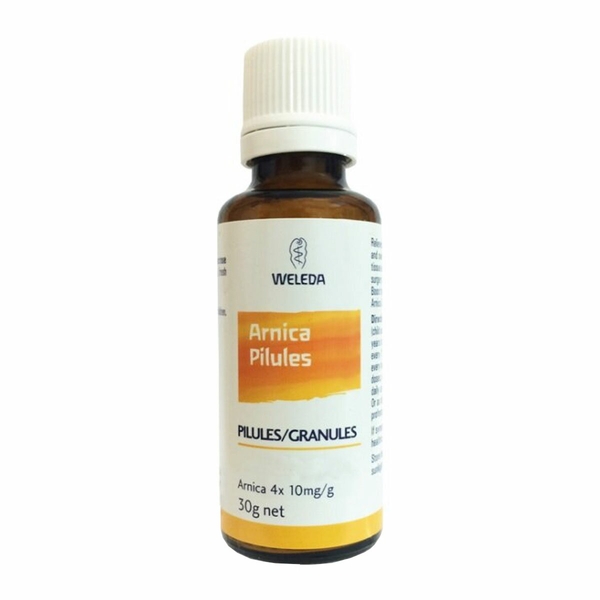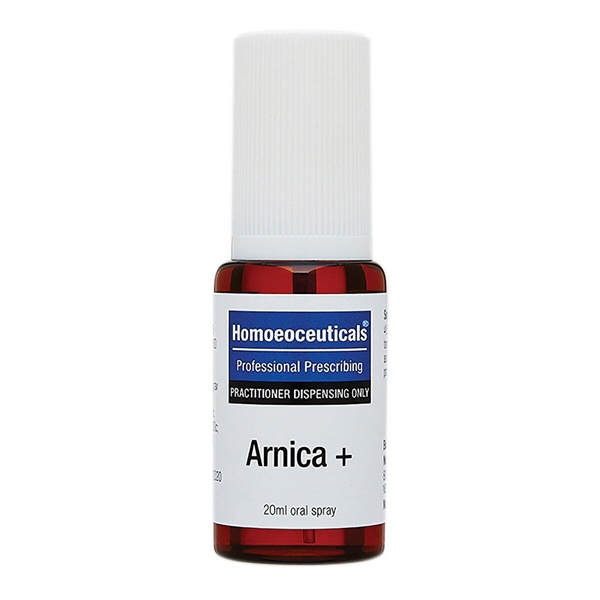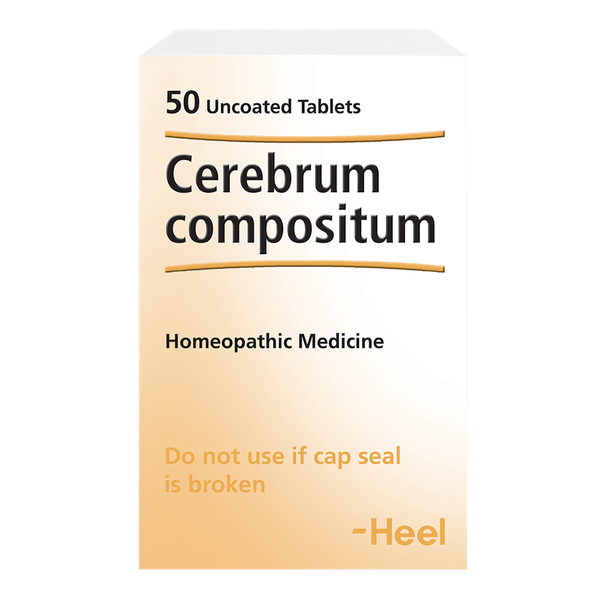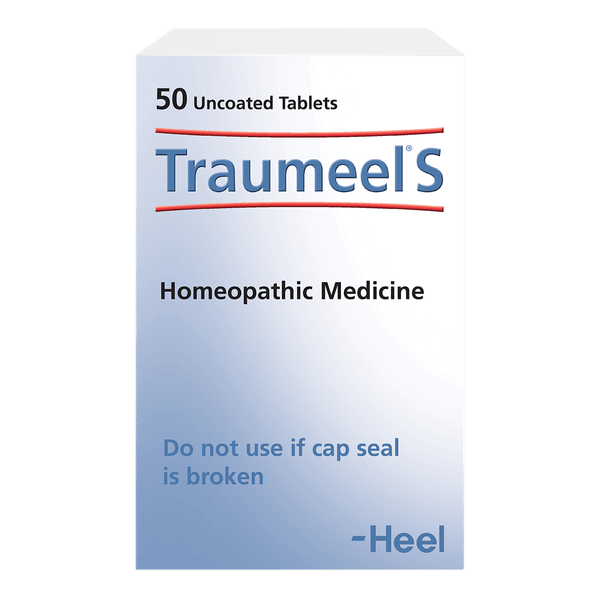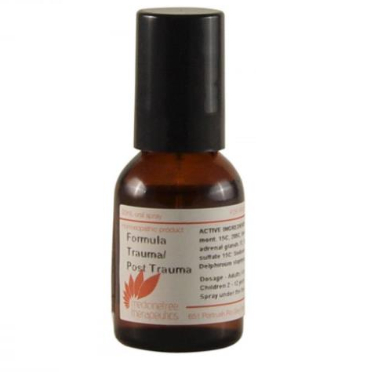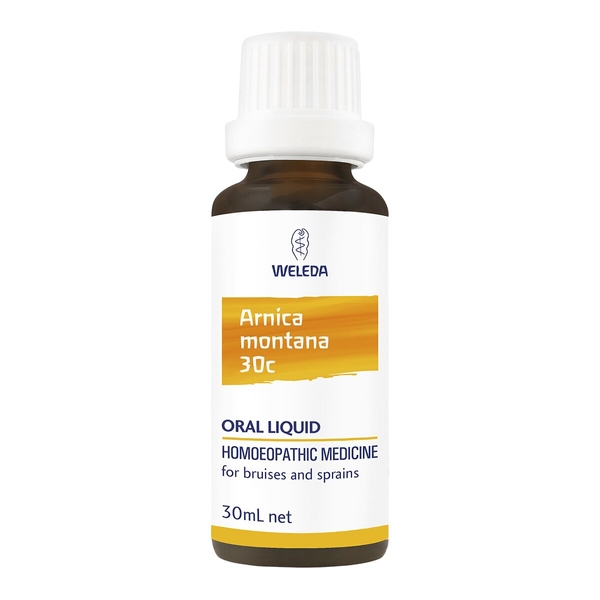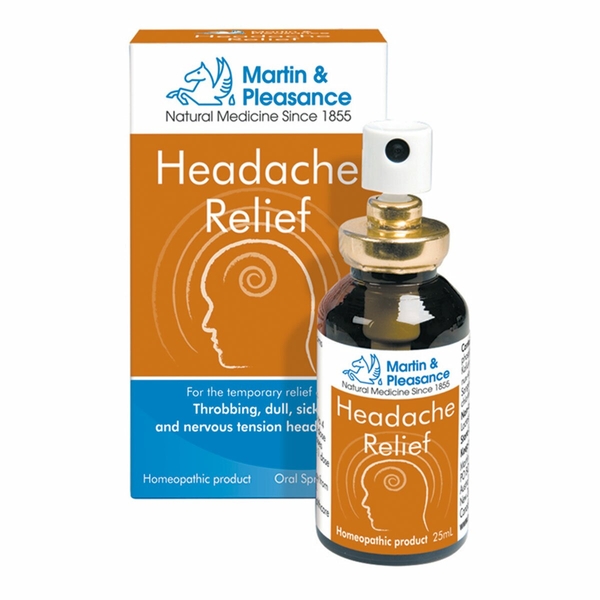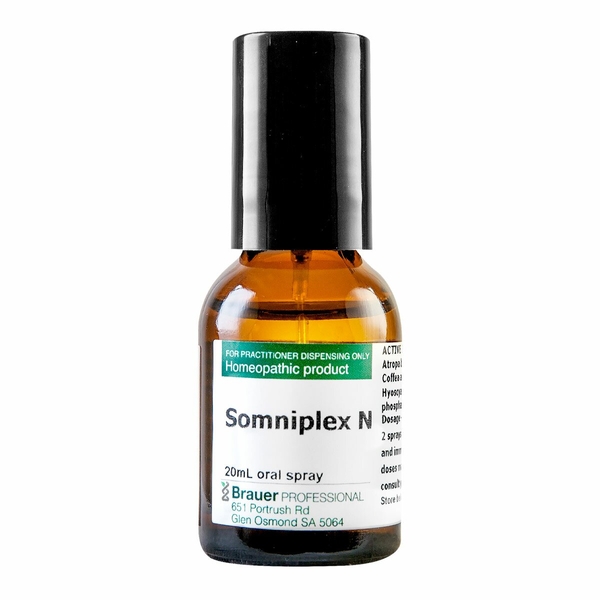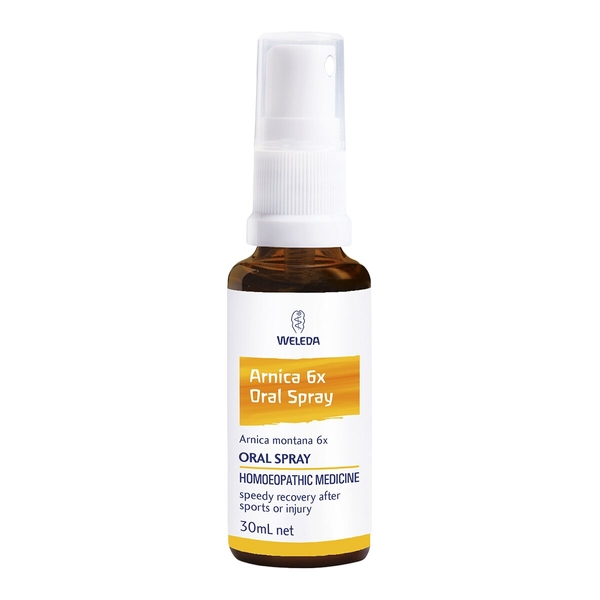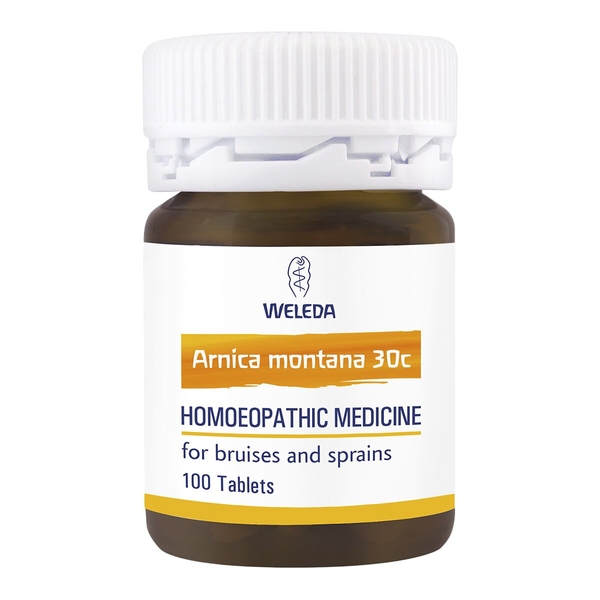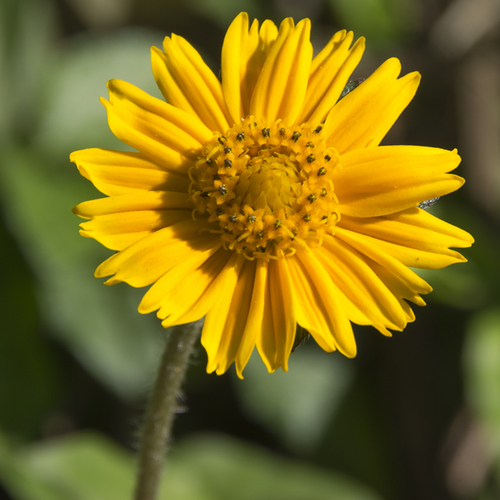
Arnica
Scientific names: Arnica montana, Arnica fulgens, Arnica sororia, Arnica latifolia, Arnica cordifolia, Arnica angustifolia, Arnica chamissonis
Family: Asteraceae/Compositae
Alternate names: American Arnica, Arctic Arnica, Arnica des Montagnes, Arnica Flos, Arnica Flower, Arnikablüten, Bergwohlverleih, Doronic d'Allemagne, European Arnica, Fleurs d'Arnica, Foothill Arnica, Heart-Leaf Arnica, Herbe aux Chutes, Herbe aux Prêcheurs, Hillside Arnica, Kraftwurz, Leopard's Bane, Mountain Arnica, Mountain Snuff, Mountain Tobacco, North American Meadow Arnica, Plantin des Alpes, Quinquina des Pauvres, Souci des Alpes, Tabac des Savoyards, Tabac des Vosges, Twin Arnica, Wolf's Bane, Wolfsbane, Wundkraut
Actions: Analgesic, Antibiotic, Anticoagulation, Anti-inflammatory
Background
Arnica is an herb sometimes used to flavor foods. It can be poisonous when consumed in larger amounts. Arnica gel can be applied to the skin for osteoarthritis.
The active chemicals in arnica may reduce swelling, decrease pain, and act as antibiotics. But arnica can be unsafe when taken by mouth unless it's used in homeopathic dilutions. Homeopathic products contain extreme dilutions of the active chemicals.
People most commonly use arnica for pain caused by osteoarthritis. It is also used for bleeding, bruising, swelling after surgery, and other conditions, but there is no good scientific evidence to support these uses. Arnica is also used as a flavor ingredient in beverages, candy, baked goods, and other foods.
The active chemicals in arnica may reduce swelling, decrease pain, and act as antibiotics. But arnica can be unsafe when taken by mouth unless it's used in homeopathic dilutions. Homeopathic products contain extreme dilutions of the active chemicals.
People most commonly use arnica for pain caused by osteoarthritis. It is also used for bleeding, bruising, swelling after surgery, and other conditions, but there is no good scientific evidence to support these uses. Arnica is also used as a flavor ingredient in beverages, candy, baked goods, and other foods.
Safety Safety definitions
When taken by mouth: Homeopathic arnica is possibly safe. Homeopathic products often contain no active ingredient, so side effects are unlikely. It is also possibly safe to take arnica in the amounts found in food. But the Canadian government is concerned enough about its safety to prohibit its use in food.
Taking arnica in amounts more than what is found in food is likely unsafe. In fact, arnica is considered poisonous. When taken by mouth it can cause vomiting, heart damage, organ failure, increased bleeding, coma, and death.
When applied to the skin: Arnica is possibly safe when applied to unbroken skin, short-term. But it is likely unsafe to apply arnica to broken skin because it can be absorbed into the body.
Allergy to ragweed and related plants: Arnica may cause an allergic reaction in people who are sensitive to the Asteraceae/Compositae family. Members of this family include ragweed, chrysanthemums, marigolds, daisies, and many others. If you have allergies, be sure to check with your healthcare provider before applying arnica to your skin. Do not take arnica by mouth.
Surgery: Arnica might cause extra bleeding during and after surgery. Stop using it at least 2 weeks before a scheduled surgery.
Taking arnica in amounts more than what is found in food is likely unsafe. In fact, arnica is considered poisonous. When taken by mouth it can cause vomiting, heart damage, organ failure, increased bleeding, coma, and death.
When applied to the skin: Arnica is possibly safe when applied to unbroken skin, short-term. But it is likely unsafe to apply arnica to broken skin because it can be absorbed into the body.
Special Precautions & Warnings:
Pregnancy and breast-feeding: Don't take arnica by mouth or apply it to the skin if you are pregnant or breast-feeding. It is considered likely unsafe.Allergy to ragweed and related plants: Arnica may cause an allergic reaction in people who are sensitive to the Asteraceae/Compositae family. Members of this family include ragweed, chrysanthemums, marigolds, daisies, and many others. If you have allergies, be sure to check with your healthcare provider before applying arnica to your skin. Do not take arnica by mouth.
Surgery: Arnica might cause extra bleeding during and after surgery. Stop using it at least 2 weeks before a scheduled surgery.
Effectiveness
NatMed Pro rates effectiveness based on scientific evidence according to the following scale: Effective, Likely Effective, Possibly Effective, Possibly Ineffective, Likely Ineffective, Ineffective, and Insufficient Evidence to Rate.
Possibly effective Effectiveness definitions
-
Osteoarthritis. Applying an arnica gel (A. Vogel Arnica Gel, Bioforce AG) twice daily for 3 weeks can reduce pain and stiffness and improve function in people with osteoarthritis in the hand or knee. It might work as well as ibuprofen.
Dosing & administration
Arnica has most often been used by adults in homeopathic dilutions. Typical homeopathic arnica products are 5C-30C dilutions. The "C" means that the active ingredient was initially diluted by 100-fold. The "5" or "30" means that the resulting dilution is then diluted again by 100-fold, 5 or 30 more times. These preparations are often so dilute that they contain no detectable amount of the active chemicals. This is very different from arnica dietary supplements, which contain measurable amounts and are likely unsafe.
Arnica is also used in gels, creams, and ointments. Speak with a healthcare provider to find out what dose or product might be best for a specific condition.
Arnica is also used in gels, creams, and ointments. Speak with a healthcare provider to find out what dose or product might be best for a specific condition.
Interactions with pharmaceuticals
Medications that slow blood clotting (Anticoagulant / Antiplatelet drugs)
Interaction Rating=Moderate Be cautious with this combination.
Arnica might slow blood clotting. Taking arnica along with medications that also slow blood clotting might increase the risk of bruising and bleeding.
Interactions with herbs & supplements
Herbs and supplements that might slow blood clotting: Arnica might slow blood clotting and increase the risk of bleeding. Taking it with other supplements with similar effects might increase the risk of bleeding in some people. Examples of supplements with this effect include garlic, ginger, ginkgo, nattokinase, and Panax ginseng.
Interactions with foods
There are no known interactions with foods.
Products
View all productsRRP: $24.95$20.46Save: 18%
OOS at supplier
Create account
return unknown
Practitioner product
Per tablet:
- Arnica montana
- Thuja occidentalis
- Strychnos ignatii (Ignatia)
- Ruta graveolens
- Aconitum napellus (Aconite)
- Magnesium phosphoricum (Mag phos)
- Porcine brain
- Porcine embryo
- Porcine liver
- Porcine placenta
- Monobasic potassium phosphate
- Selenium
- Phosphoric acid
- Cinochona pubescens
- Sublimed sulphur
- Potassium dichromate
- Gelsemium sempervirens
- Semecarpus orientale
- Conium maculatum
- Hyoscyamus niger
- Anamirta cocculus
- Aesculus hippocastanum (Horsechestnut)
Practitioner product
Per tablet:
Practitioner product
Practitioner product
RRP: $19.90$16.92Save: 15%
Create account
Practitioner product
RRP: $26.95$22.10Save: 18%
OOS at supplier
Create account
return unknown
vital.ly has licensed monographs from TRC Healthcare.
This monograph was last reviewed on 18/11/2024 11:00:00 and last updated on 13/11/2022 18:59:35. Monographs are reviewed and/or updated multiple times per month and at least once per year.
Natural Medicines disclaims any responsibility related to medical consequences of using any medical product. Effort is made to ensure that the information contained in this monograph is accurate at the time it was published. Consumers and medical professionals who consult this monograph are cautioned that any medical or product related decision is the sole responsibility of the consumer and/or the health care professional. A legal License Agreement sets limitations on downloading, storing, or printing content from this Database. No reproduction of this monograph or any content from this Database is permitted without written permission from the publisher. It is unlawful to download, store, or distribute content from this site.

